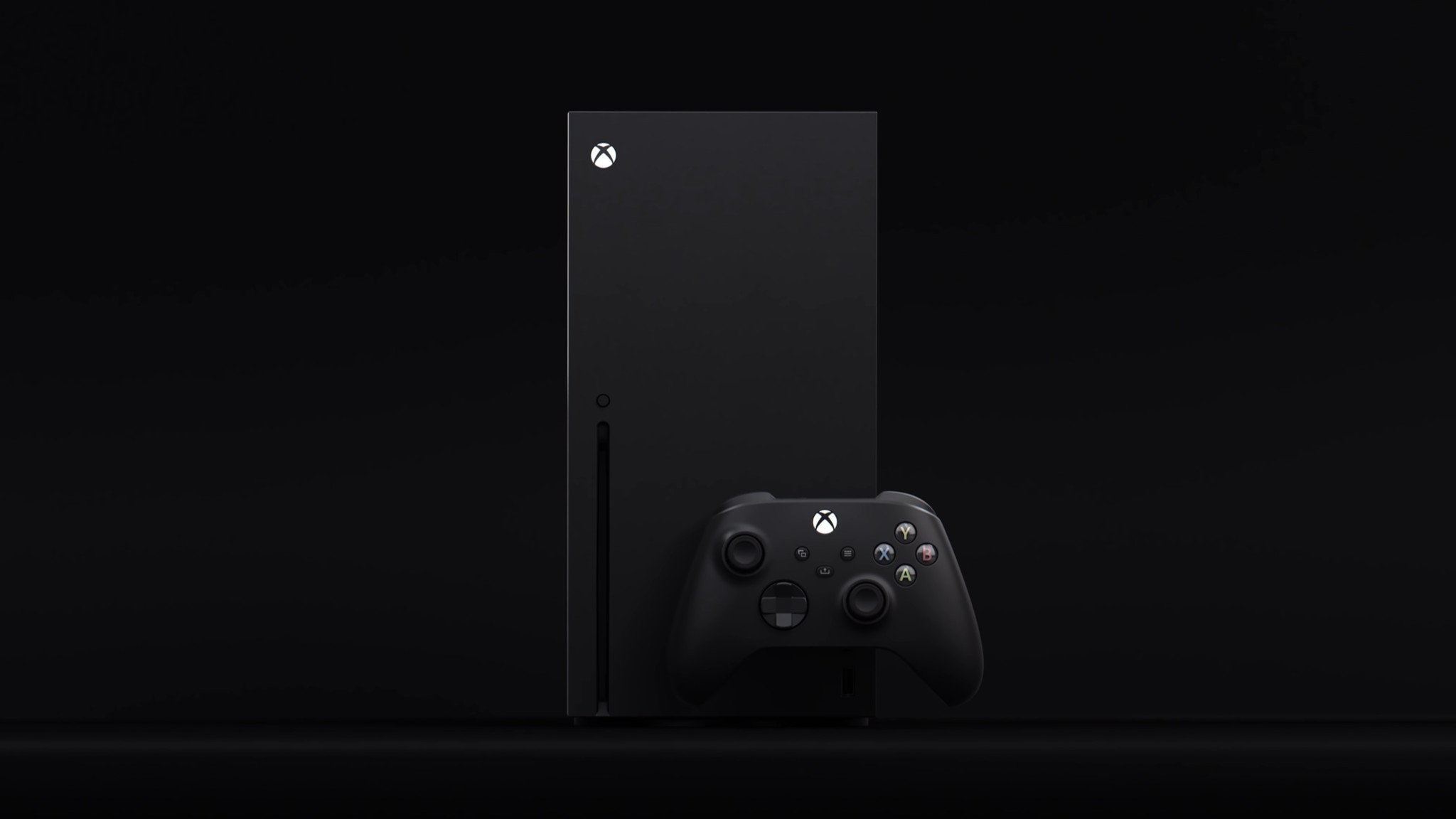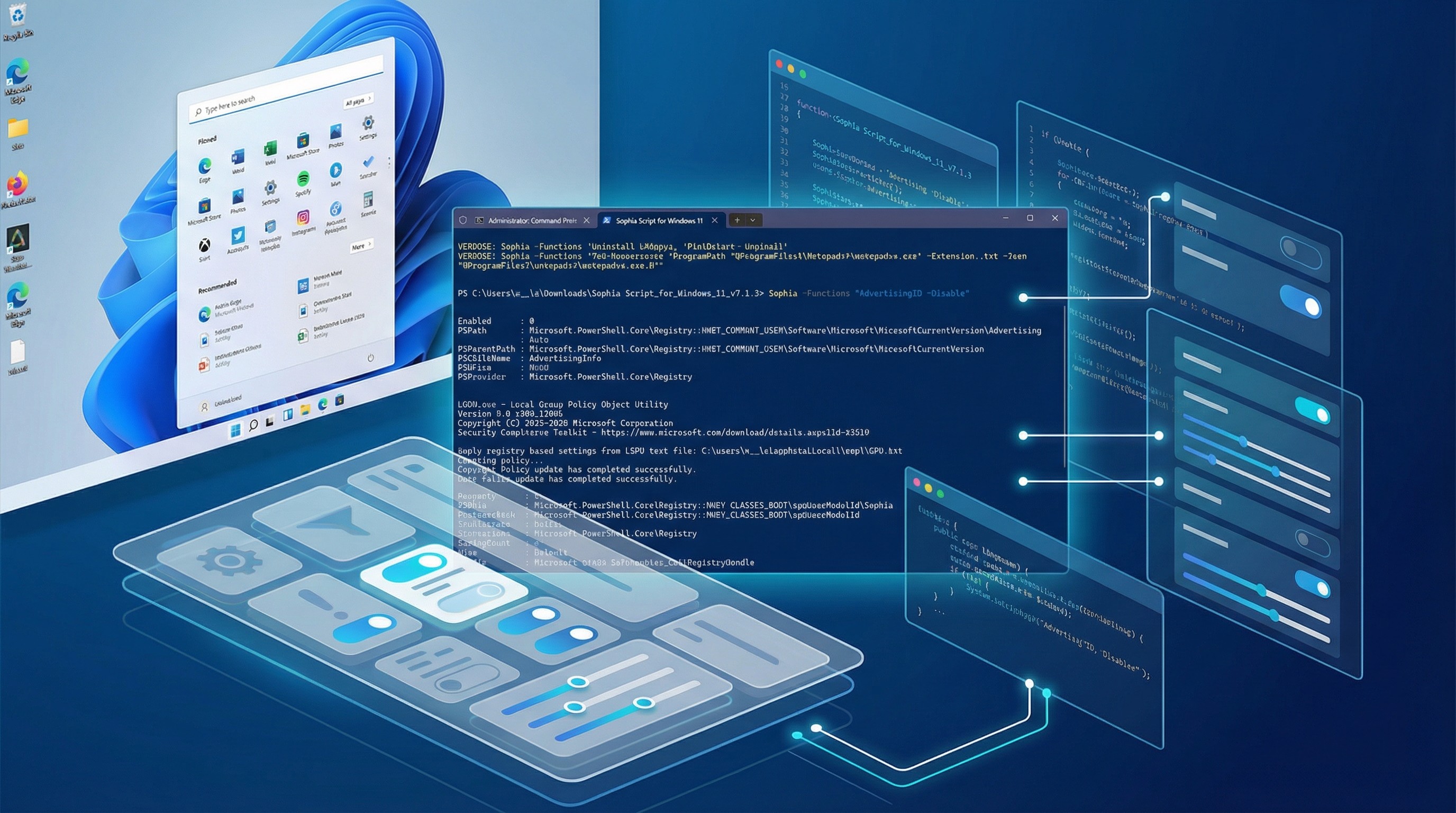Xbox Series X features custom-built SSD, audio ray tracing, and more (update)
The Xbox Series X has a lot of advanced technology.

All the latest news, reviews, and guides for Windows and Xbox diehards.
You are now subscribed
Your newsletter sign-up was successful
What you need to know
- Xbox's Larry Hryb, also known as Major Nelson, recently interviewed Jason Ronald.
- Ronald has been with Xbox for the past 15 years.
- He revealed new details like a custom-built solid-state drive that saves multiple game states.
- You can listen to the entire interview on SoundCloud.
Updated March 16, 2020: Microsoft officially confirmed audio ray tracing for Xbox Series X today.
Recently, Xbox Live's Director of Programming Larry Hryb sat down with Director of Program Management Jason Ronald to discuss the Xbox Series X. Ronald has been with Xbox for the past 15 years. A lot of new information was revealed including the console's ability to ray-trace audio, how it features a custom-built solid-state drive (SSD), and how even a restart doesn't erase the save states of multiple games.
While not a lot was discussed about audio ray tracing, it was revealed that the save state for multiple games survives a reboot. Usually, when you reboot a console, you can't quickly jump back into your game. This should make the Xbox Series X truly unique because a lot of gamers prefer to keep devices on "Power Save Mode" and the like.
It's unclear what the SSD Microsoft is using in the Xbox Series X is, but it'll be interesting when more details are revealed. From what we knew beforehand, the part was off the shelf, but that doesn't appear to be the case anymore. That may have been part of an early developer kit.
The Xbox Series X supports HDMI 2.1 which features up to 120 frames per second (FPS). This means that a lot of games on the upcoming device will be 120 FPS. Since many modern 4K TVs have 120 FPS capability, it should be widely adopted. You can listen to the entire podcast on SoundCloud. A lot of the other features like faster load times, better performance, and more were discussed.
All the latest news, reviews, and guides for Windows and Xbox diehards.

Asher Madan formerly handled gaming news for Windows Central. Before joining Windows Central in 2017, Asher worked for a number of different gaming outlets. He has a background in medical science and is passionate about all forms of entertainment, cooking, and antiquing.

